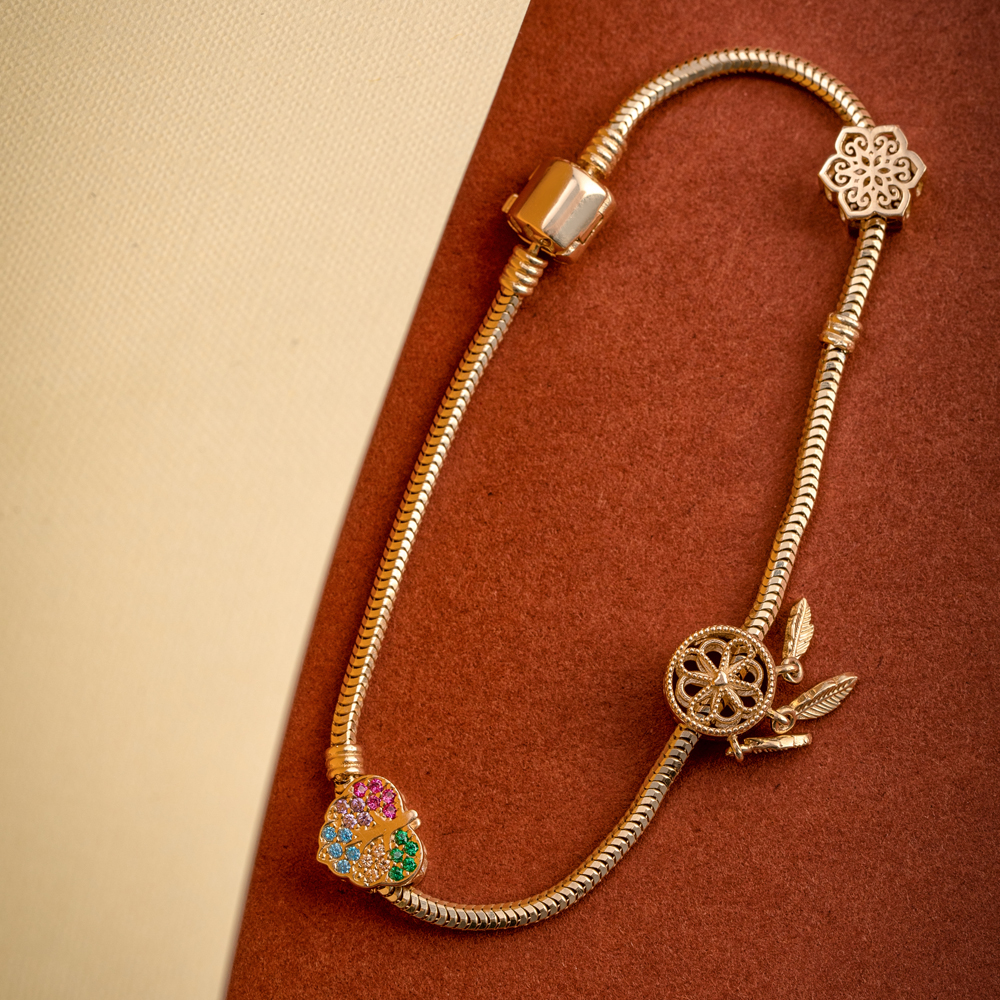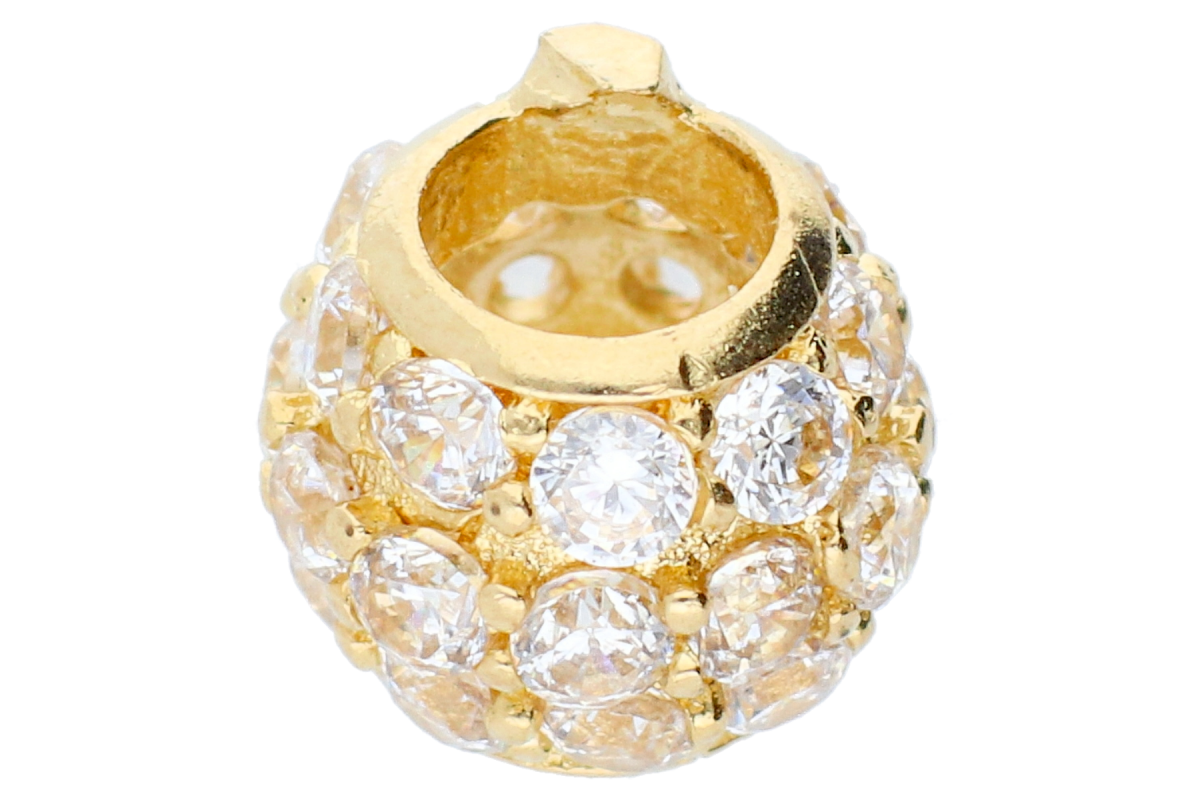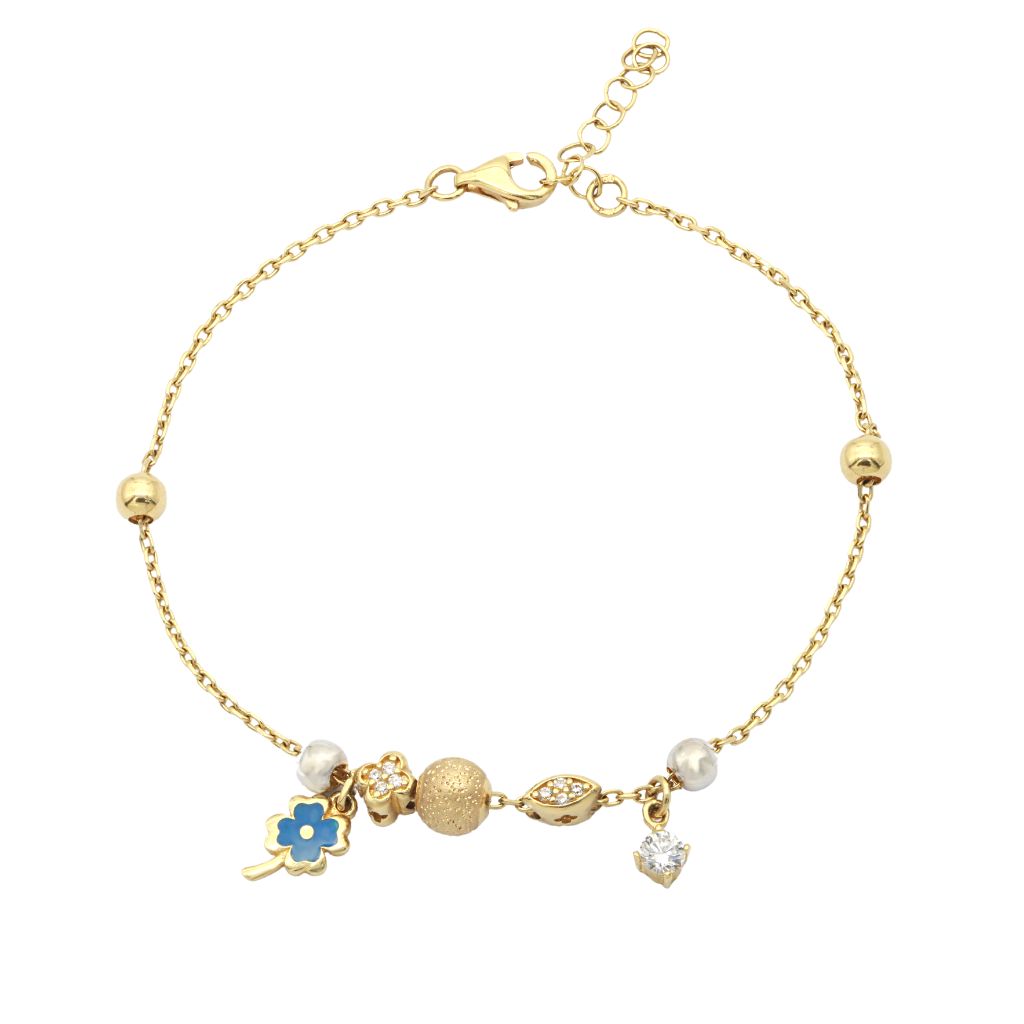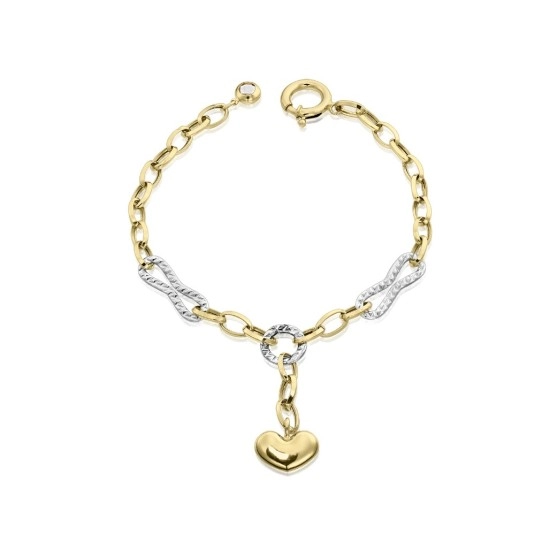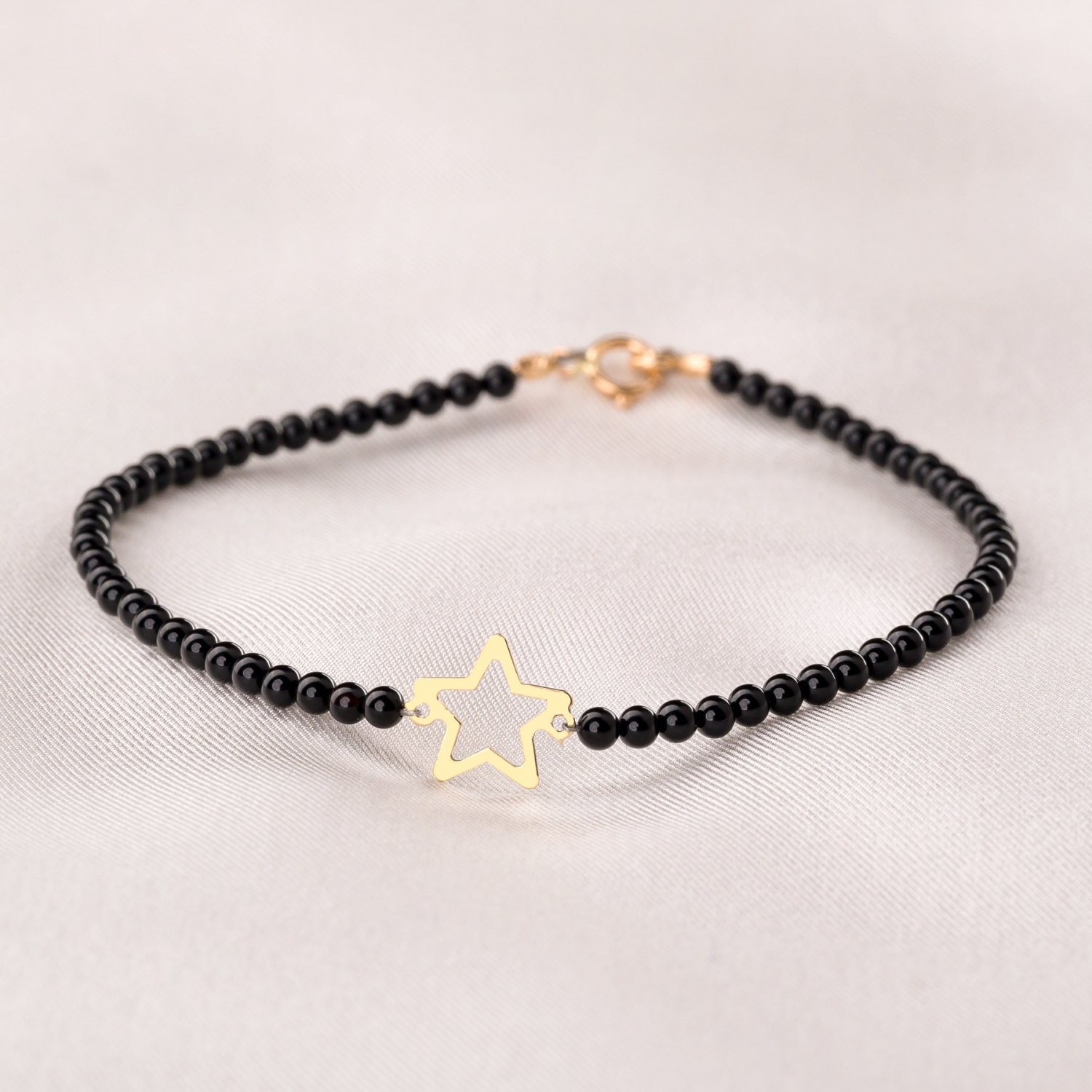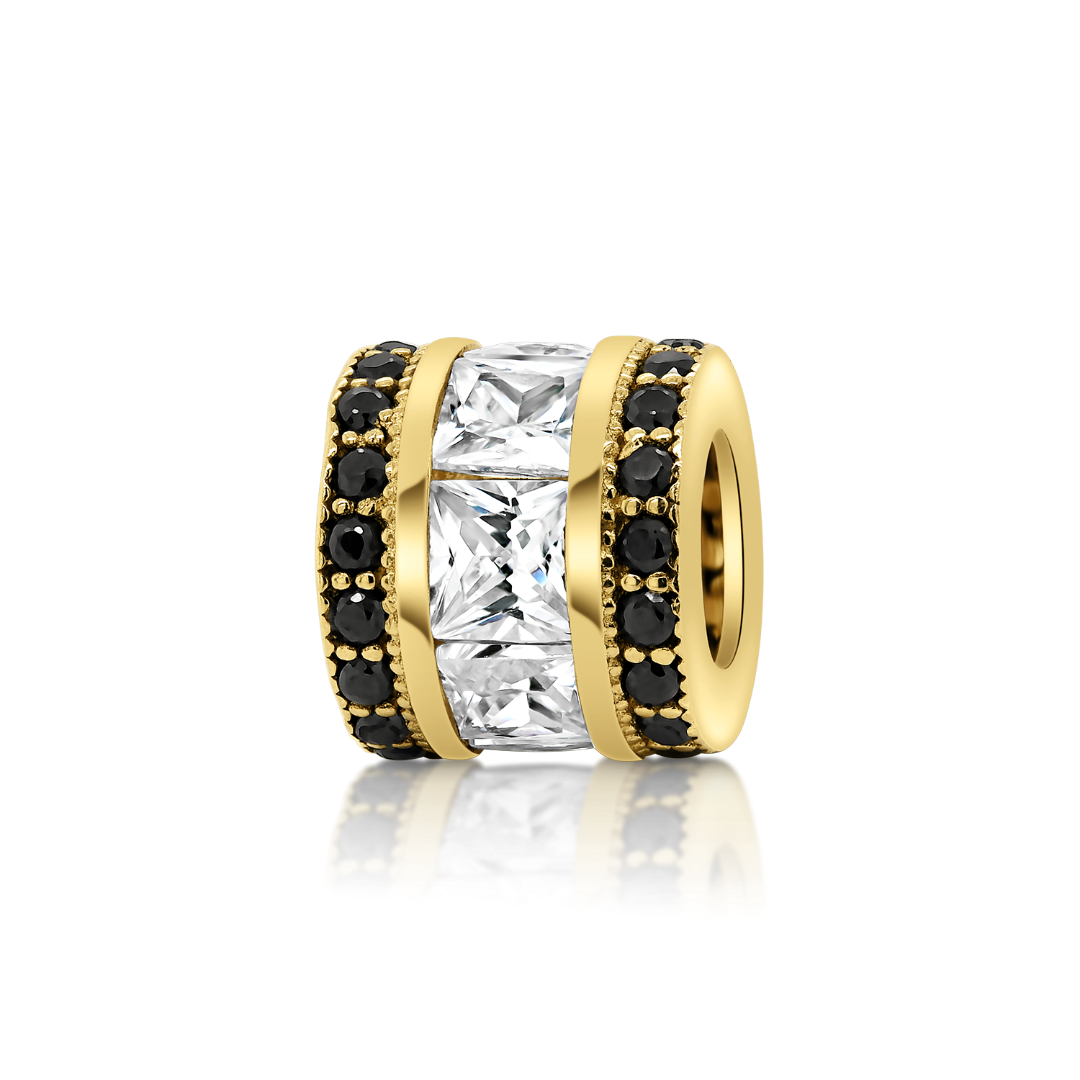
Bratara aur, 14k-585, model charmuri - Magazin bijuterii Iasi, bijuterii din aur. Catalog bijuterii | Verighete din aur | Lantisoare aur | Verighete aur | Inele aur | Cercei aur | Bratari aur
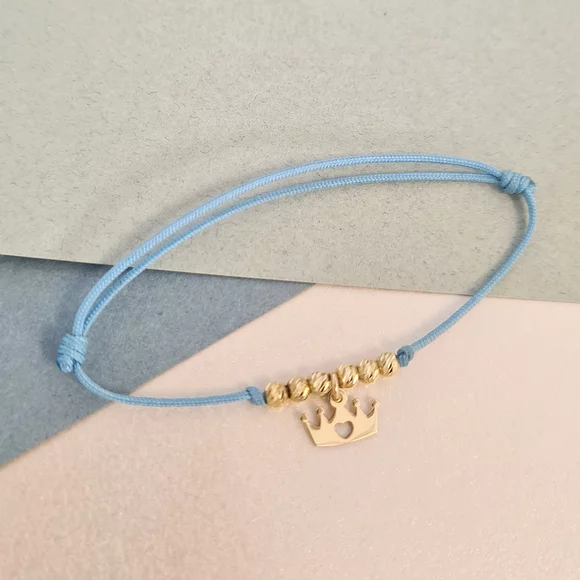
Bratara cu 6 bilute de 3 mm si charm coronita cu inima decupata - Aur Galben 14K - Snur reglabil - Chic Bijoux

Bratara charm, model fix, aur 14k-585 - Magazin bijuterii Iasi, bijuterii din aur. Catalog bijuterii | Verighete din aur | Lantisoare aur | Verighete aur | Inele aur | Cercei aur | Bratari aur

Bratara charm, fixa, aur 14k-585 - Magazin bijuterii Iasi, bijuterii din aur. Catalog bijuterii | Verighete din aur | Lantisoare aur | Verighete aur | Inele aur | Cercei aur | Bratari aur

Bratara tip pandora din aur galben de 14k si zirconii B0279 (fără charms) - Bijuterii aur Elegance, Cercei, Inele, Bratari Aur

Bratara aur 14k-585, model charmuri - Magazin bijuterii Iasi, bijuterii din aur. Catalog bijuterii | Verighete din aur | Lantisoare aur | Verighete aur | Inele aur | Cercei aur | Bratari aur

Bratara model charmuri, aur 14k - Magazin bijuterii Iasi, bijuterii din aur. Catalog bijuterii | Verighete din aur | Lantisoare aur | Verighete aur | Inele aur | Cercei aur | Bratari aur
